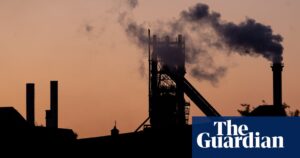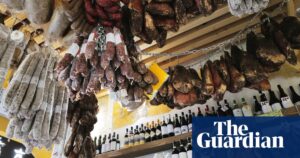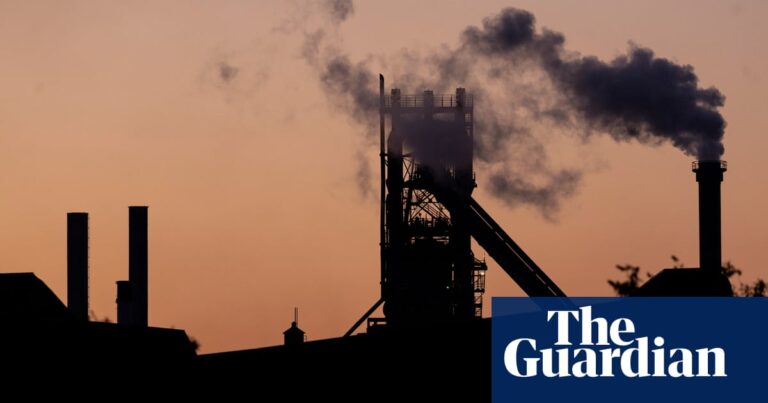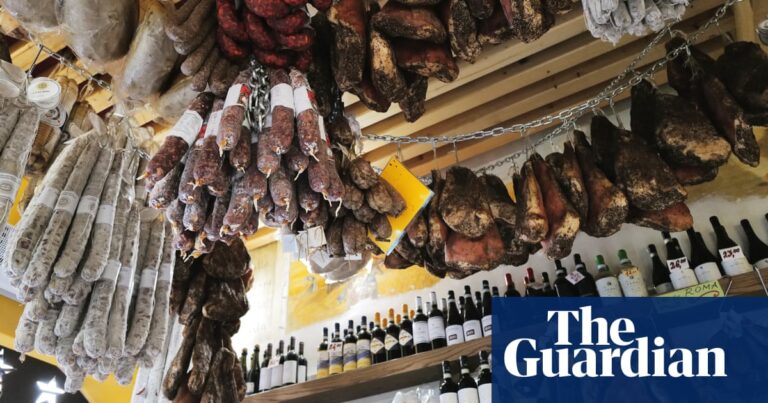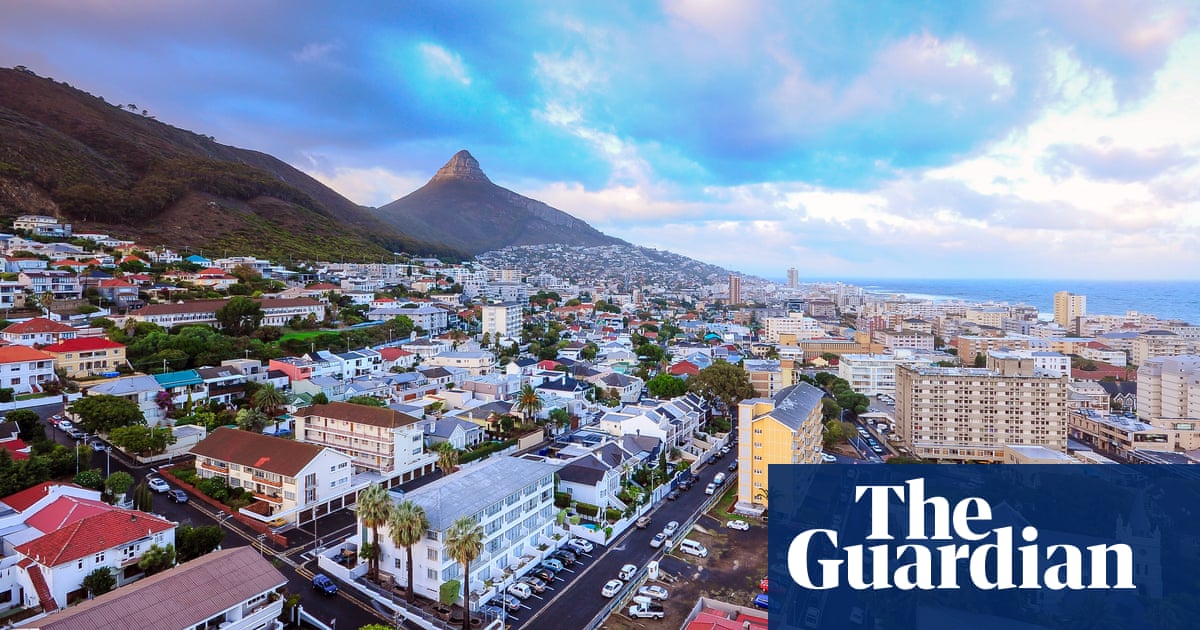
Officials in Cape Town are conducting an inquiry following the emergence of a noxious odor that permeated the city in South Africa.
Inspectors checked the sewage system for any potential leaks and a team focused on environmental health was called into action. The source of the foul odor was eventually traced back to a ship that had docked in the harbor, transporting 19,000 live cattle from Brazil to Iraq.
According to Zahid Badroodien, the individual responsible for water and sanitation in the mayor’s office, an investigation has determined that the source of the unpleasant odor affecting certain areas of the city is the cattle ship.
Animal rights organizations expressed their shock at the overwhelming smell, which they believe is indicative of the harsh conditions that the animals endured on the ship. They also condemned the practice of transporting live animals for commercial purposes.
The SPCA’s National Council has stated its strong objection to the transportation of live animals by sea. They have also dispatched a veterinary consultant to evaluate the well-being of the animals on board the ship.
The SPCA stated that the odor is a clear sign of the terrible conditions the animals are forced to endure. They have already been on board for two and a half weeks, resulting in a buildup of waste and ammonia. The smell on the ship is beyond imagination, but the animals are exposed to it every day.
According to the Marine Traffic website, the Al Kuwait is a livestock vessel with a length of 190 meters (623ft) and is flying the flag of Kuwait. The SPCA reports that it arrived in Cape Town to load feed for the cattle.
The transport of live cattle has also been denounced by the Democratic Alliance political party in South Africa, who currently govern Cape Town.
According to the party’s statement, the act of live export puts animals at risk of dangerous situations including high levels of ammonia, rough sea conditions, excessive heat stress, physical injuries, unsanitary environments, fatigue, and potential death.
Last month, a vessel transporting over 16,000 livestock to the Middle East was forced to turn back to Australia after being stuck at sea for almost a month due to assaults by Houthi insurgents in the Red Sea. The Australian government rejected a request to attempt re-exporting the animals through a longer route passing through South Africa, citing uncertainty about the safety and well-being of the livestock during their journey to their final destination overseas.
Badroodien stated that the vessel was scheduled to leave shortly.
Source: theguardian.com



